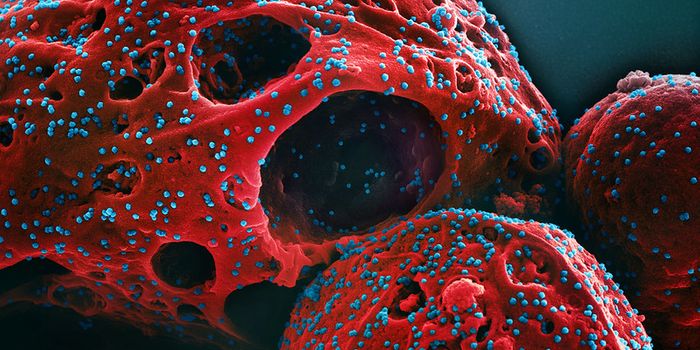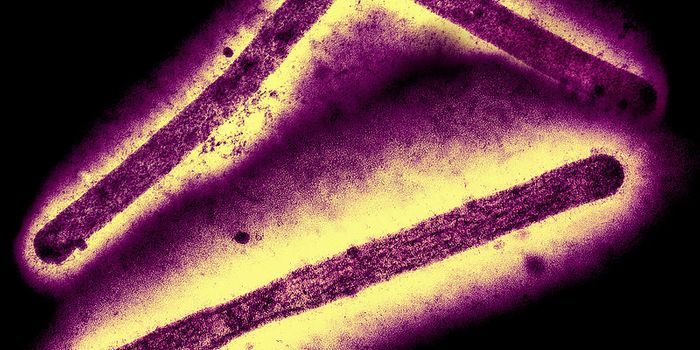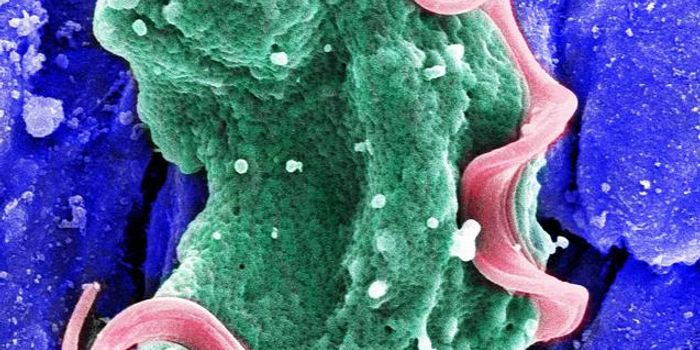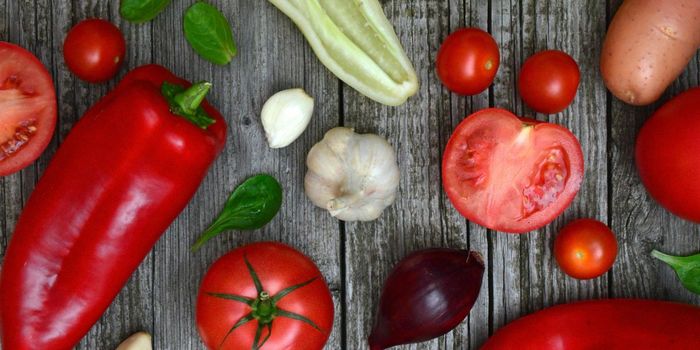An Antibody Against SARS May Neutralize SARS-CoV-2
The pandemic virus SARS-CoV-2, which causes COVID-19 is a coronavirus, and there are several coronaviruses that can infect humans. One, called SARS-CoV, caused an outbreak of an illness called SARS in 2003 that affected a confirmed 8,096 people and caused 774 deaths. A blood sample from a patient that was infected and recovered from SARS yielded an antibody called S309. Researchers have found that S309 can not only inhibit SARS-CoV, it also inhibits SARS-CoV-2. The antibody is now being fast-tracked on a course that leads to clinical trials. The work has been reported in Nature.
"We still need to show that this antibody is protective in living systems, which has not yet been done," said the co-senior study author David Veesler, assistant professor of biochemistry at the University of Washington School of Medicine. The Veesler lab has been studying coronaviruses for several years.
"Right now there are no approved tools or licensed therapeutics proven to fight against the coronavirus that causes COVID-19," Veesler added.
Now that SARS-CoV-2 has spread so widely, it's important to develop multiple lines of defense against the virus and new hotspots that will emerge. This antibody could be one of those defenses. While many different groups are searching for antibodies that can bind and neutralize the SARS-CoV-2 virus, this one comes from a different viral outbreak that happened many years ago. "This is what allowed us to move so fast compared to other groups," Veesler said.
After a pathogen infects the body, memory B cells of the immune system can recall interacting with this pathogen, and the body holds on to the antibodies that the immune system produces in response to the infection, sometimes for many years. Future interactions with the pathogen will be easier to fight off because the body has a memory of the previous infection, and the antibody response will be much faster.
If two pathogens are similar enough, antibodies produced in response to one may be effective against the other. And while antibodies can bind to a target, they may not prevent it from interacting with a cell. An antibody has to not only bind a viral target, but it also has to prevent the virus from interacting with cells to be effective at stopping infection. A virus uses its spike protein to infect a cell. The S309 antibody can bind to the SARS-CoV-2 spike protein, near where it attaches to the host cell.
The researchers used cryo-electron microscopy and binding assays to show that the S309 antibody can recognize and bind to a site on may coronaviruses, not only SARS-CoV and SARS-CoV-2.
When S309 was combined with other, weaker antibodies that were isolated from the SARS patient sample, the neutralization of SARS-CoV-2 was enhanced. The scientists suggested that an antibody cocktail may also disrupt the viruses ability to generate mutants that can escape the treatment.
This work has been released at the same time as another publication in Cell Reports that noted that in laboratory experiments using patient samples, very little cross-reactivity was seen with antibodies to SARS-CoV and SARS-CoV-2. More work will be needed to see how these antibodies actually behave in people.
Sources: AAAS/Eurekalert! via University of Washington Health Sciences/UW Medicine, Nature









